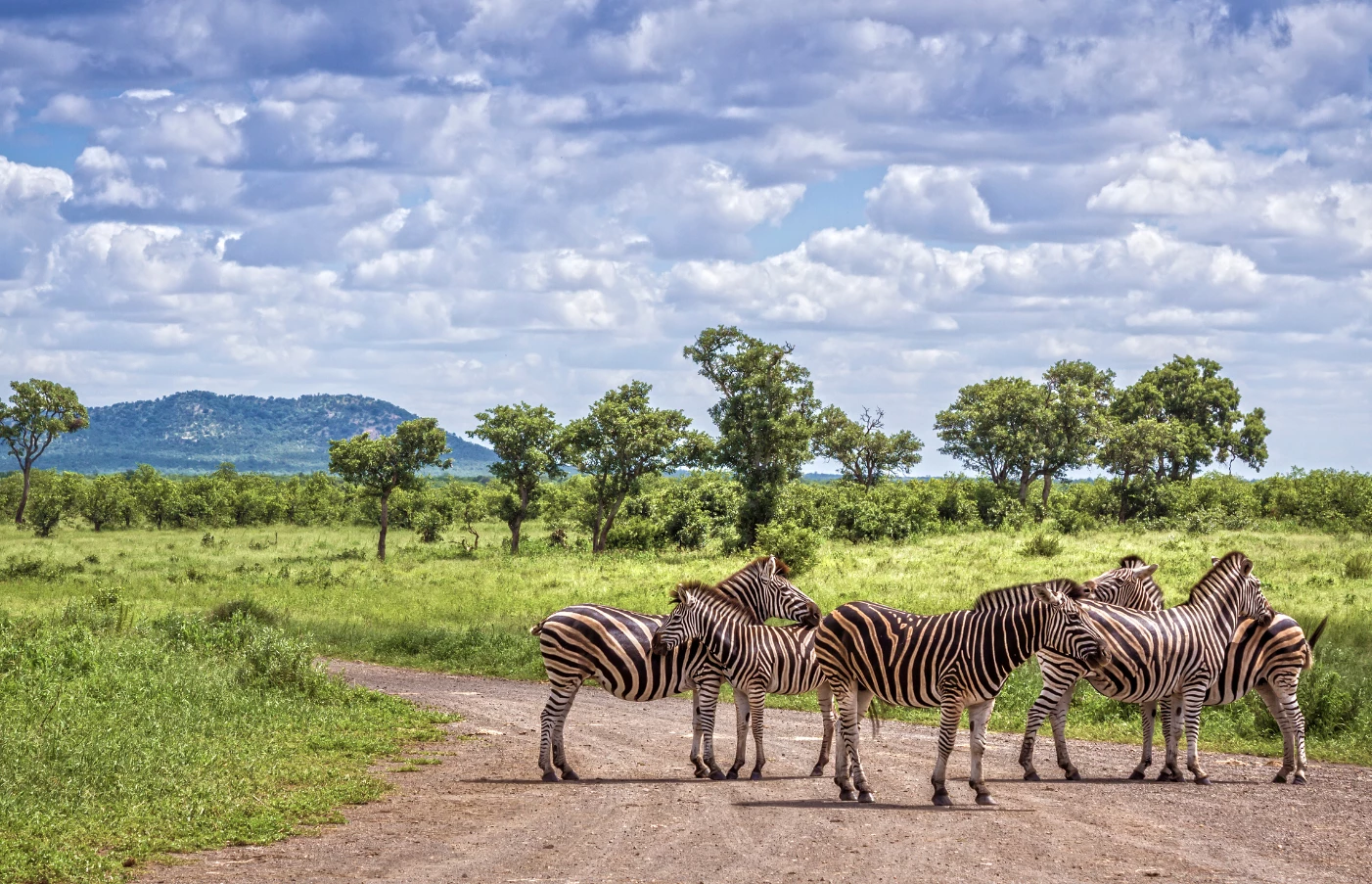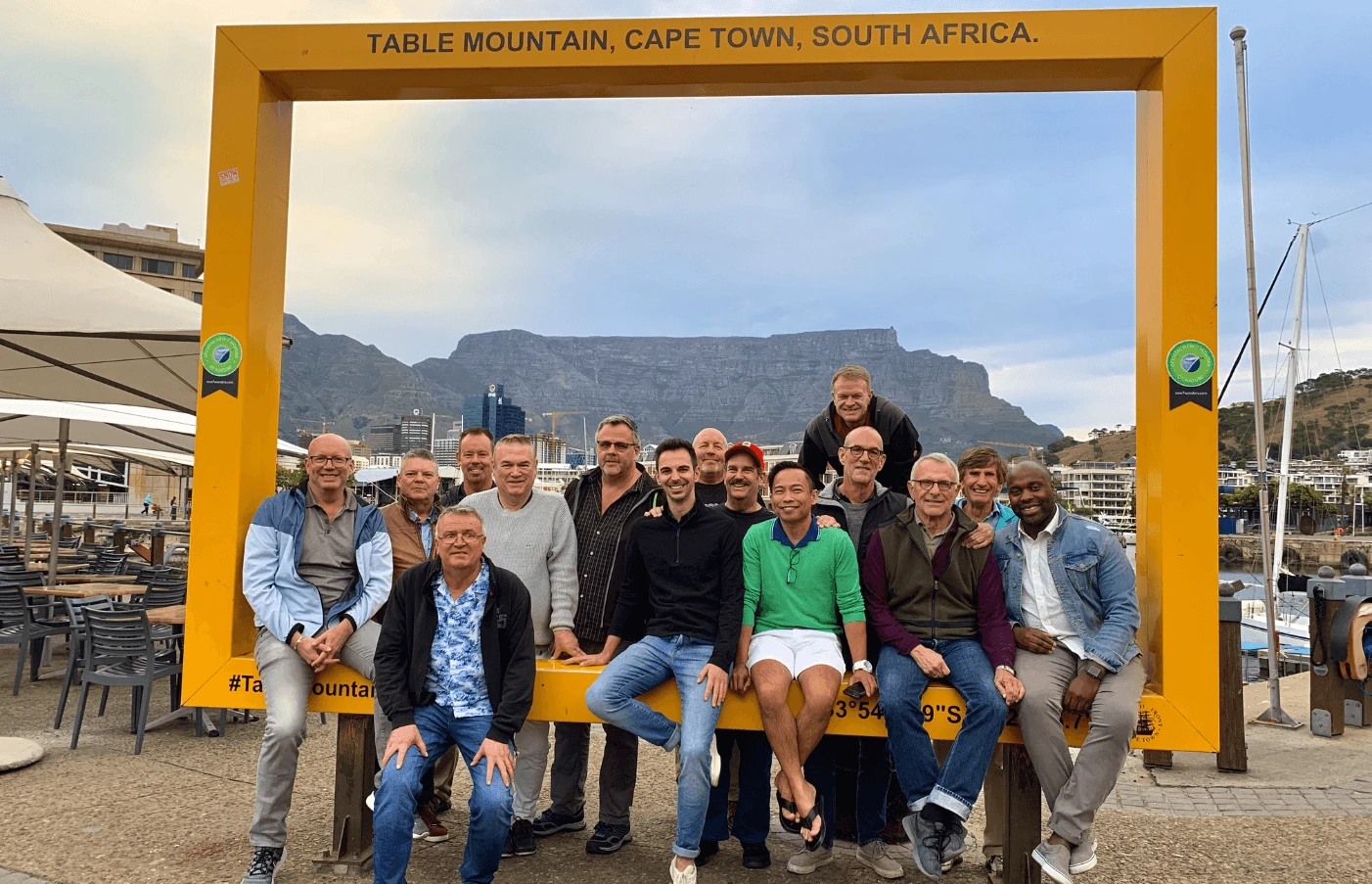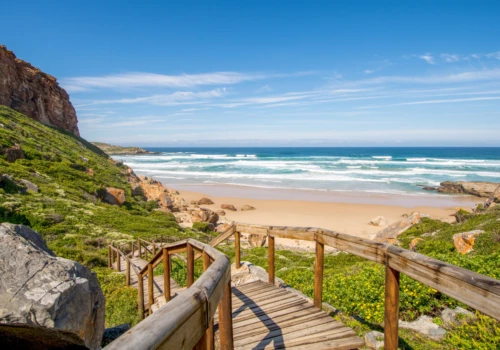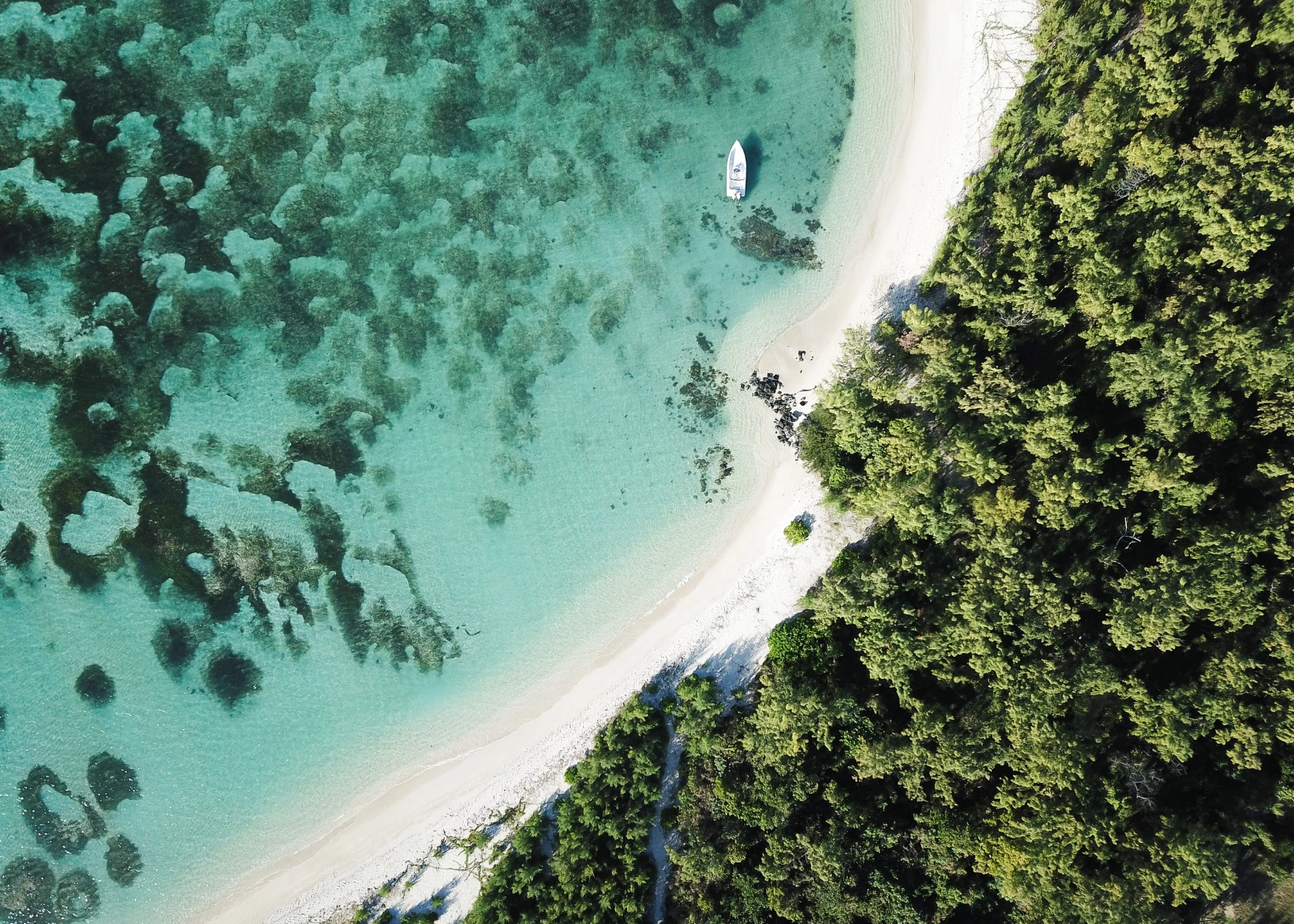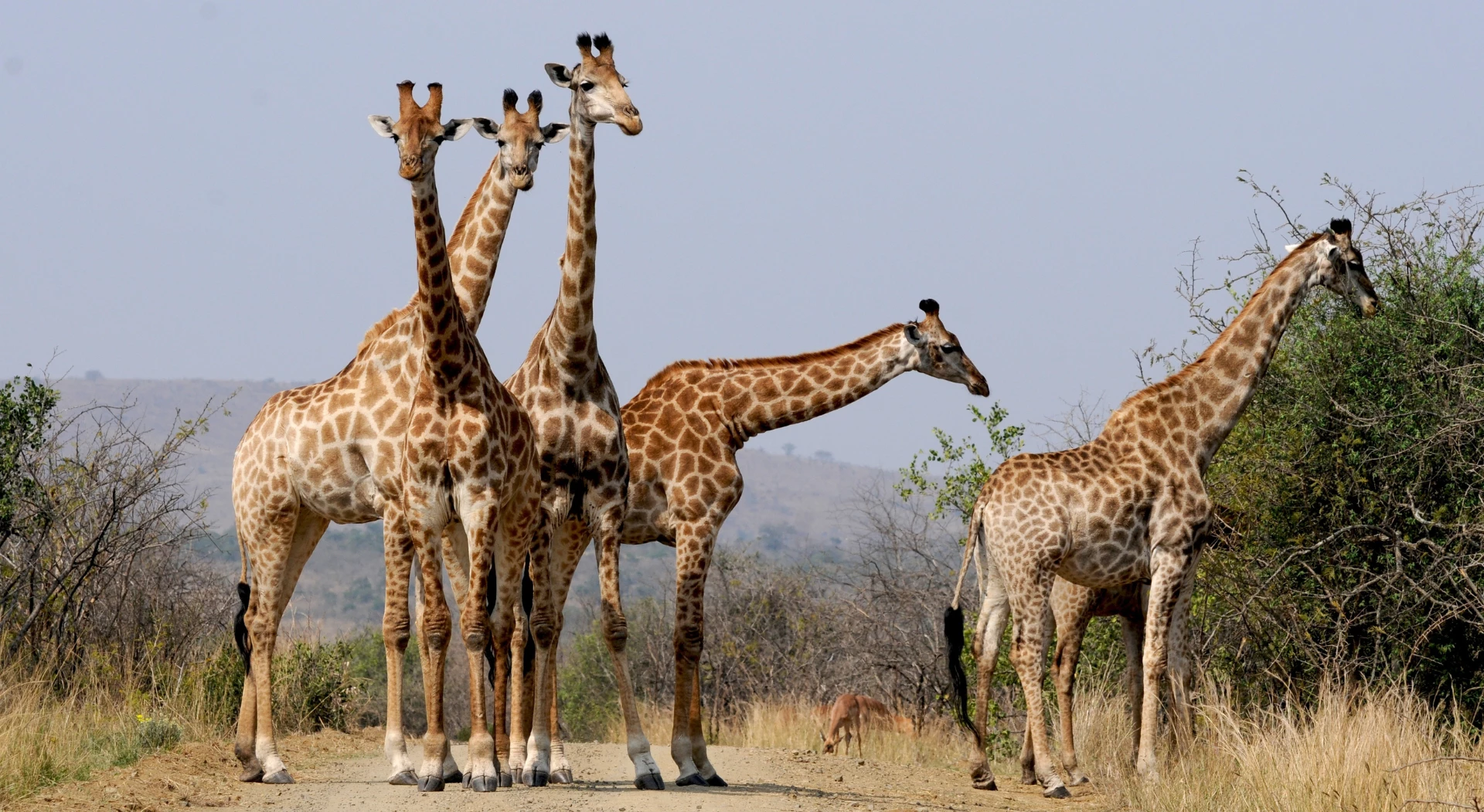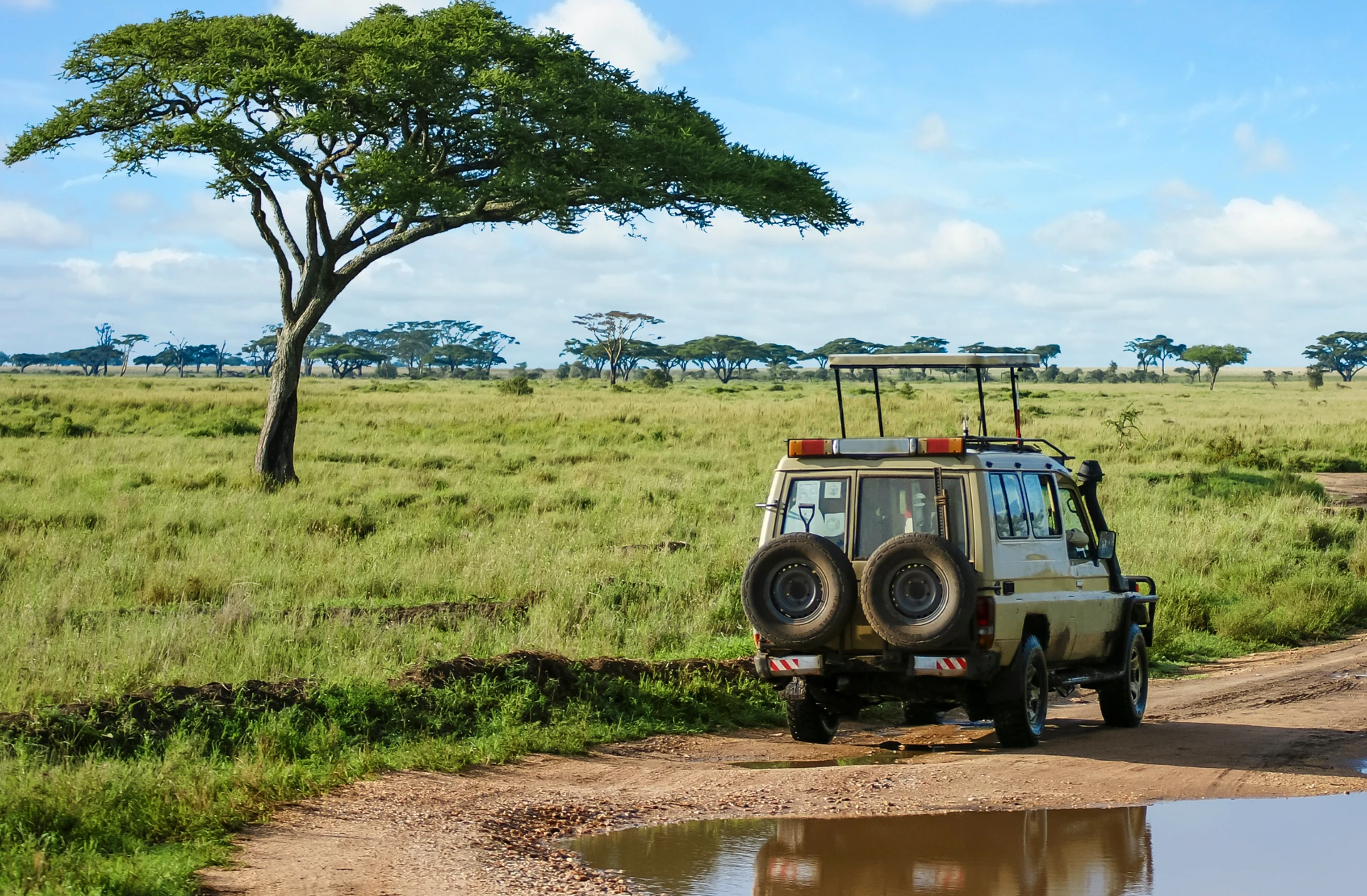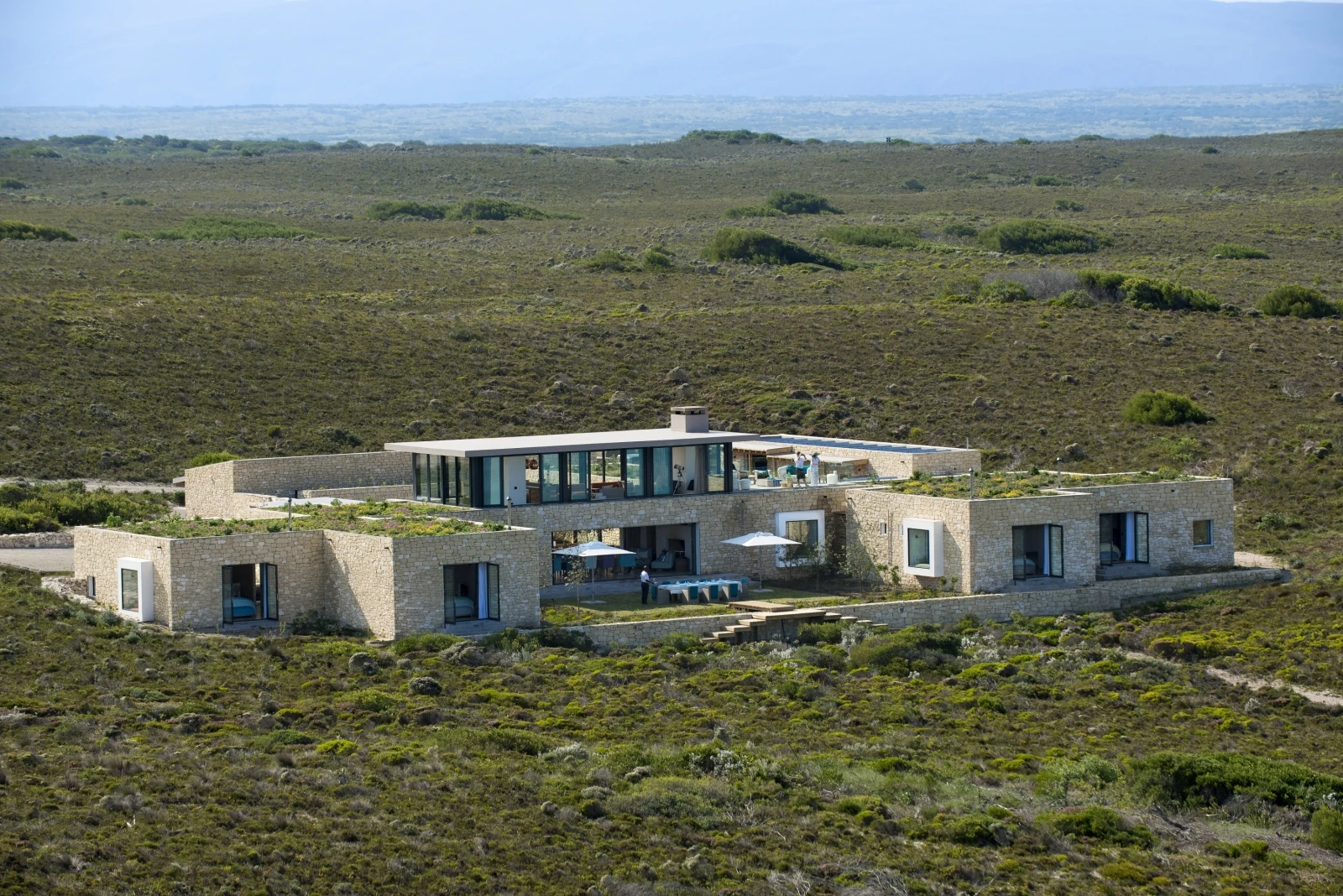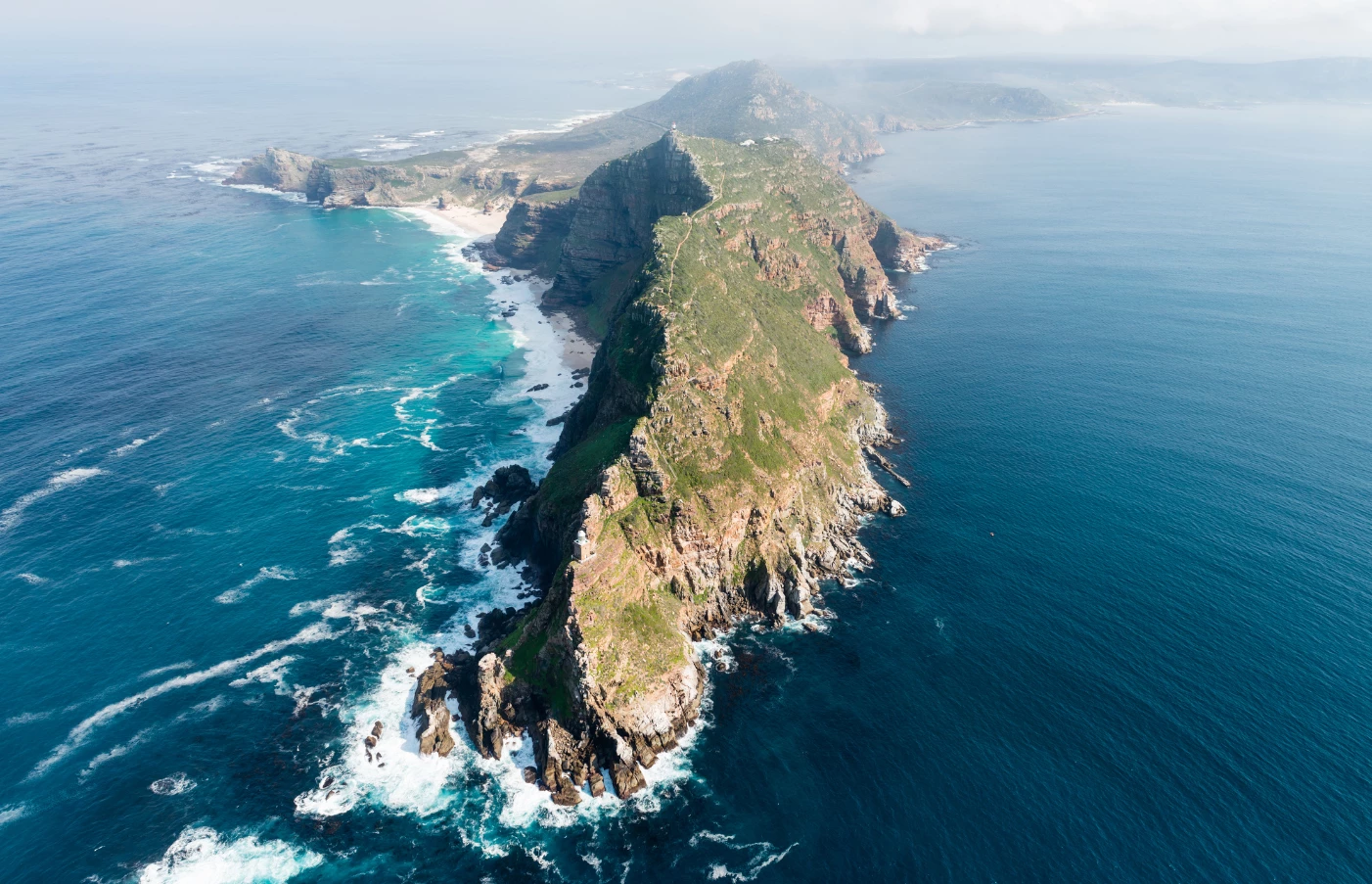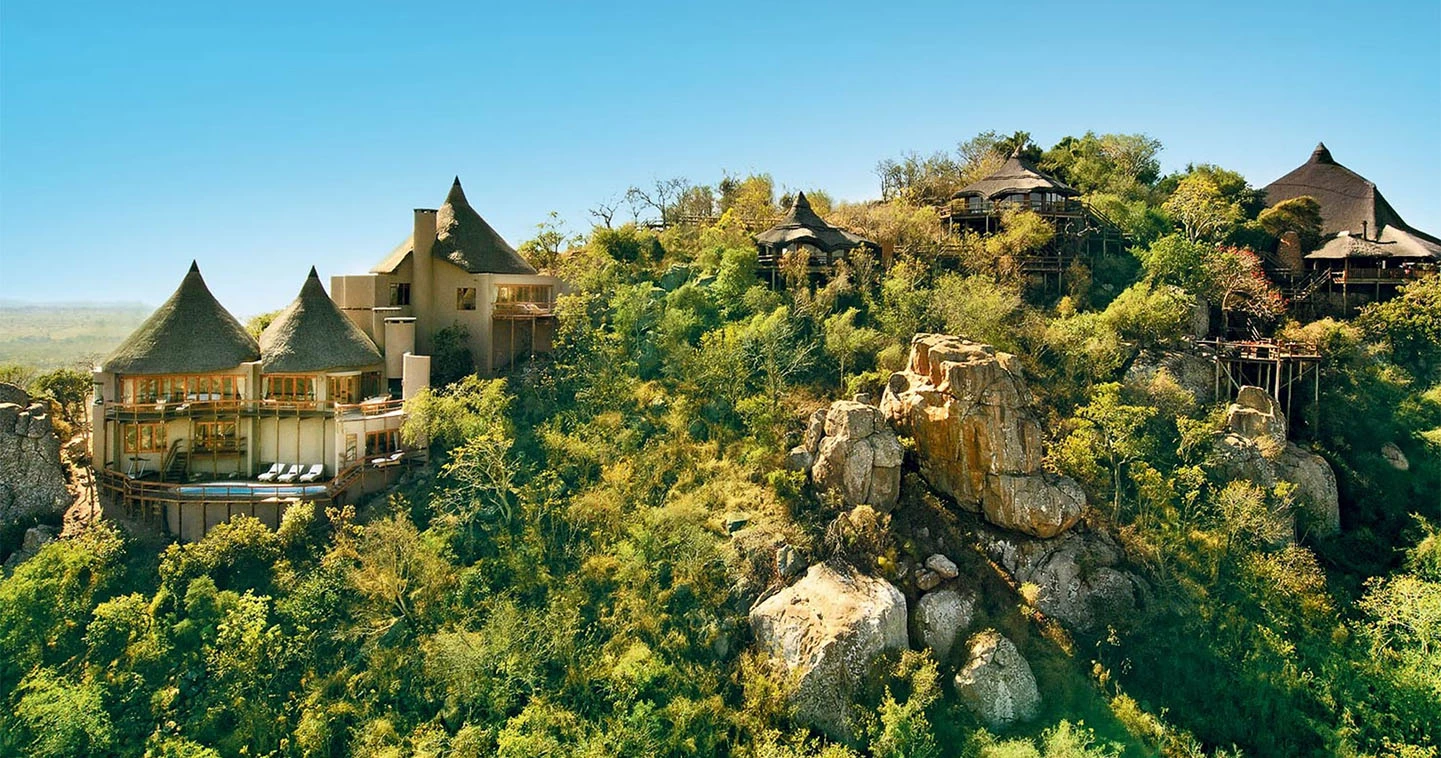Immerse yourself in one of the world's most flourishing national parks.
Delve into the heart of South Africa’s mesmerizing wilderness at Kruger National Park, a haven of luxury and adventure where the continent’s most iconic wildlife roams amidst breathtaking landscapes.
Kruger National Park
Kruger National Park, covering an area of 7,500 square miles, is a haven for South Africa’s diverse wildlife and a hub of natural beauty. The park boasts a range of landscapes, including dense bushveld, open savannah, and riverine forests, making it the perfect setting for unforgettable wildlife experiences.
Visitors to Kruger have the opportunity to see the “Big Five” – lions, leopards, elephants, rhinos, and Cape buffalo – as well as a diverse array of other animals, such as cheetahs, giraffes, and over 500 species of birds. But Kruger is more than just a wildlife destination – it also offers a glimpse into the region’s rich cultural and historical heritage, with ancient rock art and archaeological sites that tell the story of the people who have lived in the area for thousands of years.
Kruger National Park offers a range of unforgettable experiences that will leave you with cherished memories. From peaceful bush walks to luxurious lodges and indulgent meals under the African stars, Kruger promises to captivate your senses and provide an experience like no other.
We Suggest...
Gay Group Trip: South Africa Explorer
Group Trip Departs: • 1st November 2024 • 23rd December 2024 • 27th January 2025 • 9th February 2025Join a gay group trip and set out on a South African safari. You’ll discover the vibrant wildlife of Kruger National Park, the bustling streets of Cape Town with its abundant nightlife as well as spend a night in Johannesburg....
History of Kruger National Park
Kruger National Park, originally called the Sabie Game Reserve, was founded in 1898 by President Paul Kruger. The reserve was established to protect the wildlife populations in the region from the destructive hunting and habitat loss that was prevalent during the late 1800s. Today, Kruger National Park is one of the largest game reserves in Africa and is home to a diverse array of wildlife, including the famous “Big Five” animals. The park’s history is a testament to the importance of conservation and visionary leadership in preserving our natural world.
The park owes much of its success to the dedication of its first warden, James Stevenson-Hamilton, who oversaw its expansion and development. Thanks to his efforts, Kruger remains a vital part of South Africa’s natural heritage and a popular destination for tourists from around the world.
Originally called the Sabie Game Reserve, it was expanded over the years to become one of the largest game reserves in Africa. In recognition of Kruger’s efforts, the park was officially named Kruger National Park in 1926 and opened to the public a year later. Today, the park is a popular destination for tourists and a vital conservation area for many species of animals.
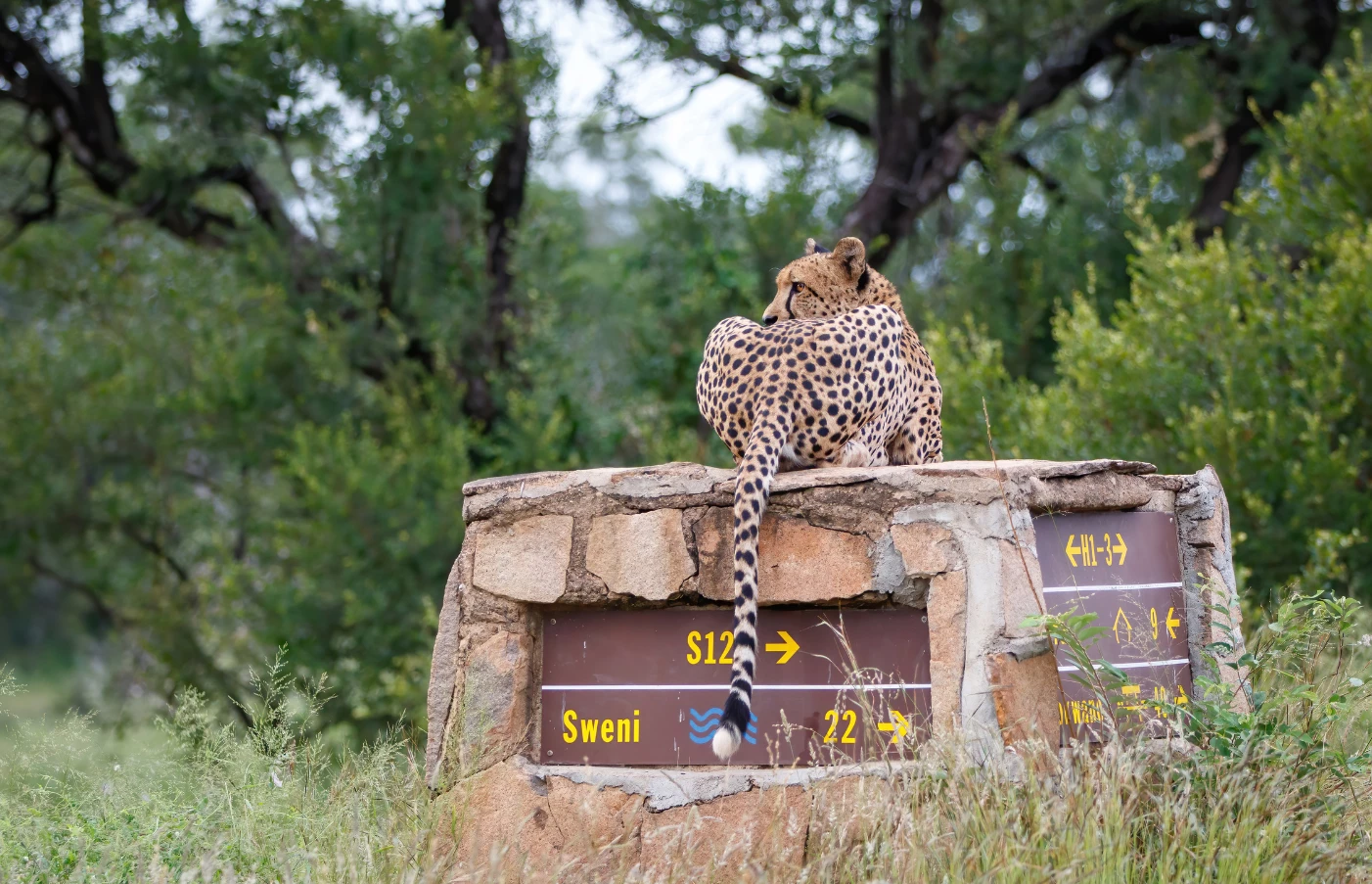
Visiting Kruger National Park
For those seeking a luxurious experience, there are a variety of private game reserves and exclusive lodges to choose from within the park’s boundaries. These accommodations offer top-notch amenities, lavish accommodations, and personalized service to ensure a truly indulgent stay.
To explore the park to its absolute fullest, we always recommend opting for a private game drive with one of Kruger’s experienced and knowledgeable guides. This experience guarantees a tailored excursion, allowing you to witness the majesty of South African wildlife at your own pace.
If a private game driver isn’t quite luxury enough, there’s always the opulent opportunity to explore the park via horseback or hot air balloon. While these choices might not be the most affordable, they do offer a unique view of Kruger that few are fortunate enough to enjoy.
It’s advisable to visit the park during South Africa’s winter months, which run from May to September, as this is when the animals tend to gather around viewable water sources. Visiting Kruger National Park during the country’s winter will also allow you to escape the punishing heat of South Africa’s summer months.
